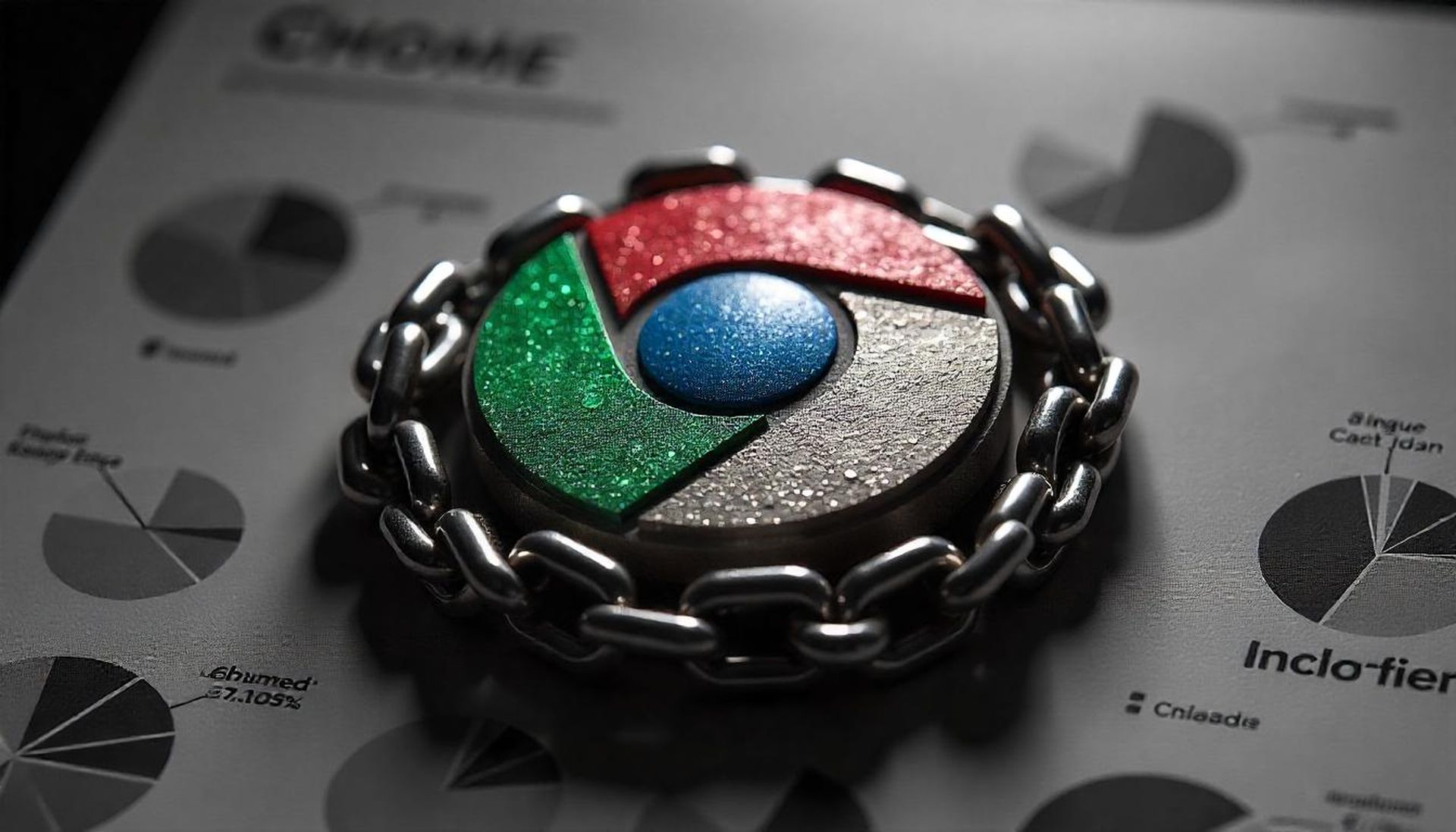In an ongoing antitrust case, the Justice Department asked a federal judge on Friday to order Google to sell its Chrome web browser and other assets. The DOJ is expected to request a federal judge like Amit Mehta, who this year ruled Google had illegally kept its search monopoly, to examine whether Google also illegally kept its control over the Chrome browser. StatCounter reports that this browser has about 65.7% of the market share, much ahead of its nearest competitors, Safari (18%), Microsoft Edge (5%), and Firefox (3%).
Sources say the DOJ wants to hold Google accountable for practices that harmed competition. Mehta’s August ruling highlighted that Google utilized exclusive distribution agreements to secure its dominance over search engines, leading to ‘supra-competitive prices for general search text ads.’ Mehta’s order should compel Google to divest Chrome, which is a key part of its huge advertising business, which brought in $65.9 billion of revenue in the most recent quarter.
DOJ’s Chrome crackdown: Google faces pressure to break its browser monopoly
Additionally, the DOJ plans to require Google to license Chrome’s results and data, ensuring that websites can better control how their content interacts with Google’s AI products. It’s interesting, however, that the department is reconsidering other remedies, like forcing the sale of Android, the operating system that powers billions of devices worldwide.
Since these developments, Google’s representatives have been vocal about them. Lee-Anne Mulholland, vice president of Google’s regulatory affairs, stated that the DOJ’s proposals exceed the legal matters, arguing that government intervention could harm consumers and stifle American technological leadership at a critical time.

The sale of Chrome could also greatly impact Google’s business model, particularly the Google Services segment, which generates most of its revenue from advertising. Chrome is a lucrative part of Google’s ecosystem because, as of 2022, according to Google, Chrome made up $279.8 billion in Google’s total search revenue.
The Google antitrust travesty, however, is unfolding against a backdrop of other legal fights, including another antitrust case similar to the one against Apple’s Play Store practices. Google must allow Android users to switch between its default apps and those offered by other rival third-party app stores. A recent ruling signaled a new regulatory focus on the world’s biggest tech firms.
However, as the area changes, many experts say these rulings will be read as a wider reconsideration of the extent to which antitrust laws should apply in the tech industry. Peter Cohan, an associate professor at Babson College, stated, “In recent years, the government has been trying to countervail the high pricing power of dominant tech companies,” indicating that we might witness more profound changes in how antitrust cases are handled.
April will further discuss the DOJ’s proposals before a final ruling is expected in August 2025. With the outcome of this case still in doubt, Google’s plans to appeal Mehta’s ruling could put its business in limbo as it works through these seemingly spiraling legal waters.
Image credits: Furkan Demirkaya/Flux AI





